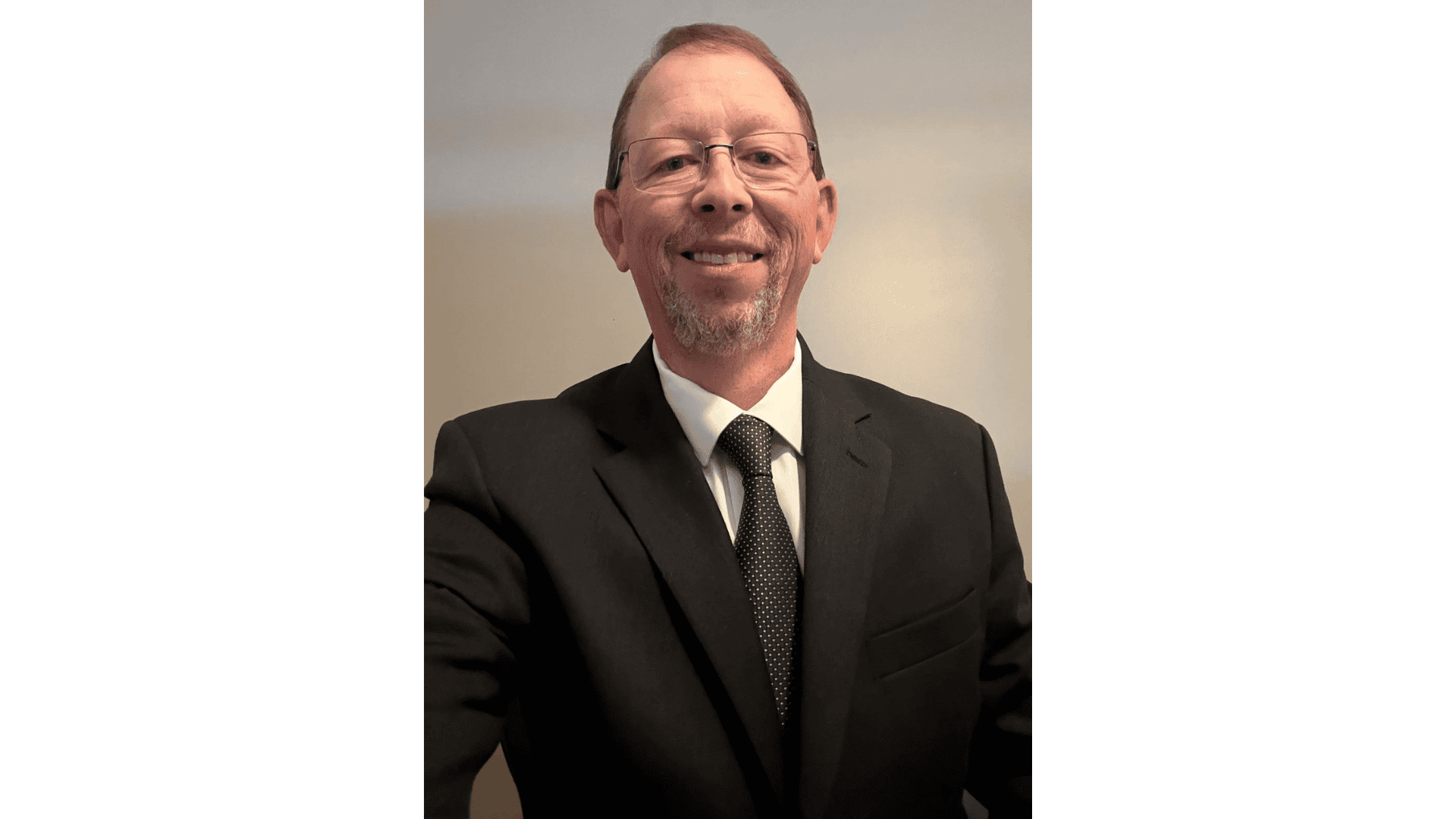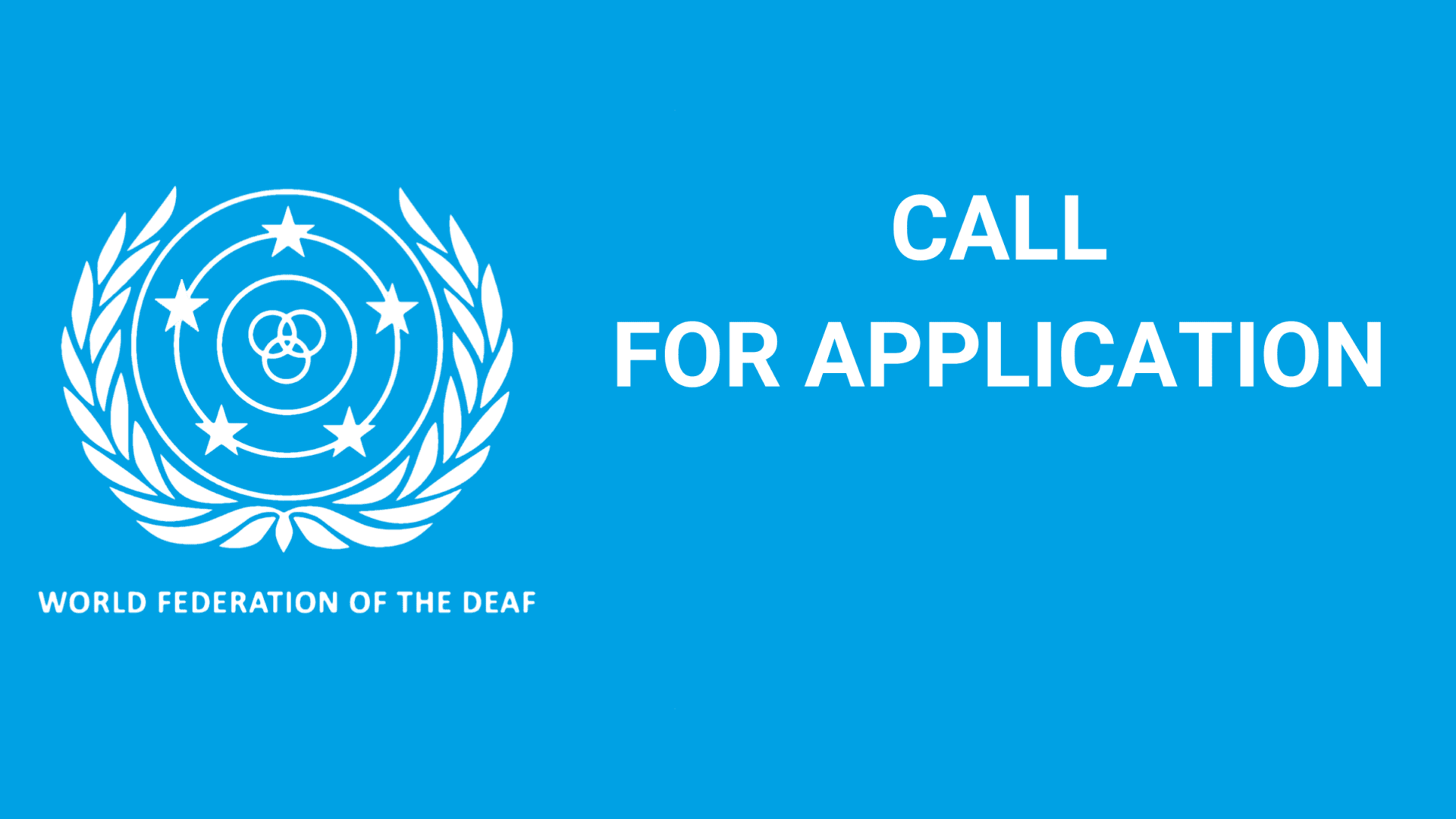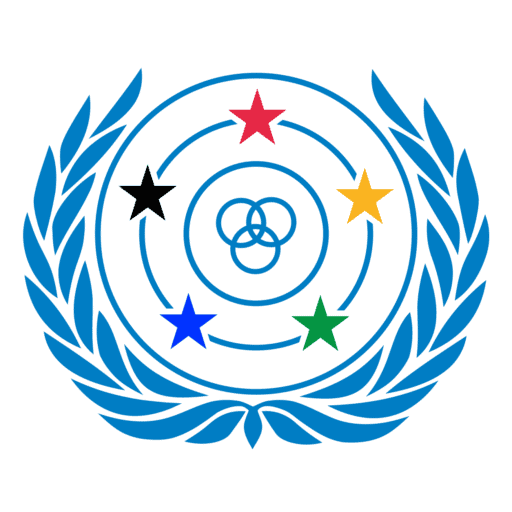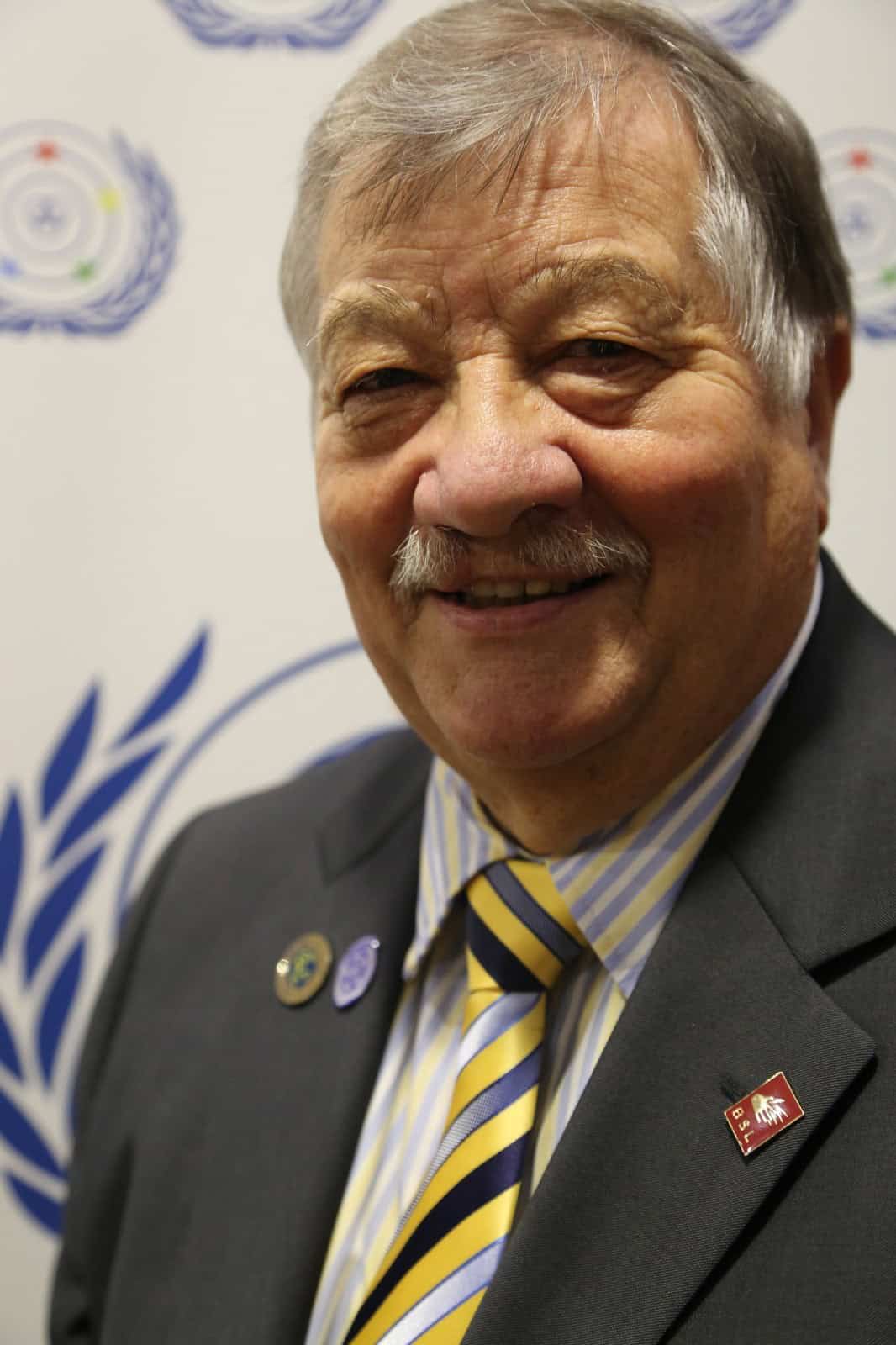NSW Deaf Herald – Issue 04 – Winter 2011
Colin Allen interviewed Markku Jokinen
Colin Allen interviewed Markku Jokinen
Who are you?
First, I am a Finnish man. Second, I have two jobs – CEO of the Finnish Association of the Deaf (FAD) from 2007 onwards, and President of WFD (my second great love) since 2003. Before taking on those roles I was responsible for establishing a teacher training program – an MA for sign language users training to become teachers. I worked in that role for 7 years. Before becoming WFD president, I was vice president of the European Union of the Deaf. At the same time I was president of FAD, then I left that role and the university teaching and became CEO of FAD. I’ve also been a member of the Nordic Council of the Deaf for many years.
How was the university program for teachers established?
The program began as a sign language training course, before Finnish Sign Language was recognised in the Finnish constitution in 1995. Before the constitutional recognition, the government had ratified sign language as official, but the constitutional recognition was a milestone. Following that recognition there was a grant from a foundation to establish the program. It grew into a program and a professional qualification. Now the program has developed into the Centre of Finnish Sign Language (FSL).
Was it the constitutional recognition that allowed the program’s establishment?
Not really – the grant was pivotal. It’s a bit complicated. FSL was recognised in 1995 in article 14 of the Constitution. We had already taught FSL before that, however. From 1998 it really took off.
Who does FAD provide for?
We deal with all kind of deaf people and CODAs too – sign language users. But the core consumers are deaf people themselves.
What services do you provide – just welfare services, or a broader range?
The Finnish government provides good services and we complement these with our services. Each regional team has three or four staff, and there are four regional teams – north, south, east and west. There are three main departments – services, administration, and development. Our activities include advocacy as a high priority, employment, social work, and a deaf club which we support. Sign language interpreting is centrally managed. We also have sign language dictionary research, a deaf museum, administration, and deaf folk high schoolwhich we own but which is managed independently. There is also a business that sells equipment. Then there’s an international development section – we run 14 separate development co-operation projects.
If you could have dinner with anyone in the world, who would you invite?
The Dalai Lama. He is such a peaceful person – tries to do everything without war or conflict. No matter what the problem is, he can solve it and all the time stay happy!
What is your favourite quote?
There are many, but the one I will choose is “United we stand, divided we fall”. In Finland, here in Australia and in many countries around the world, when deaf people think of themselves as individuals only, they give less to the whole community. It just doesn’t work. Individuals are important, but we can’t do anything without others. I think the shift to individualism creates a disconnect that is not what we want.
Now about deaf representation, do you have problems in Finland with separate groups representing the deaf
On the day-to-day level we accept that there are different organisations all making their own contributions, but when we need to advocate we work together for important goals, because we have the same goals. Separation at the level of goals and advocacy is a disaster.
Now you are stepping down from WFD, what three things are you most proud of?
First of all, international law now recognises sign language. It still gives me a thrill to think of it! Second, I’m happy that, through the International Disability Alliance, WFD stands in a good position to unite community and government. Third, I am thrilled to see more and more deaf professionals, not only in Australia but around the world.
You remember that years ago, deaf people said “we aren’t disabled” now you are working with disability groups. Why the change?
The convention recognises both views – the linguistic and cultural and the disability. You need to marry disability rights with linguistic and cultural rights to achieve full human rights.




